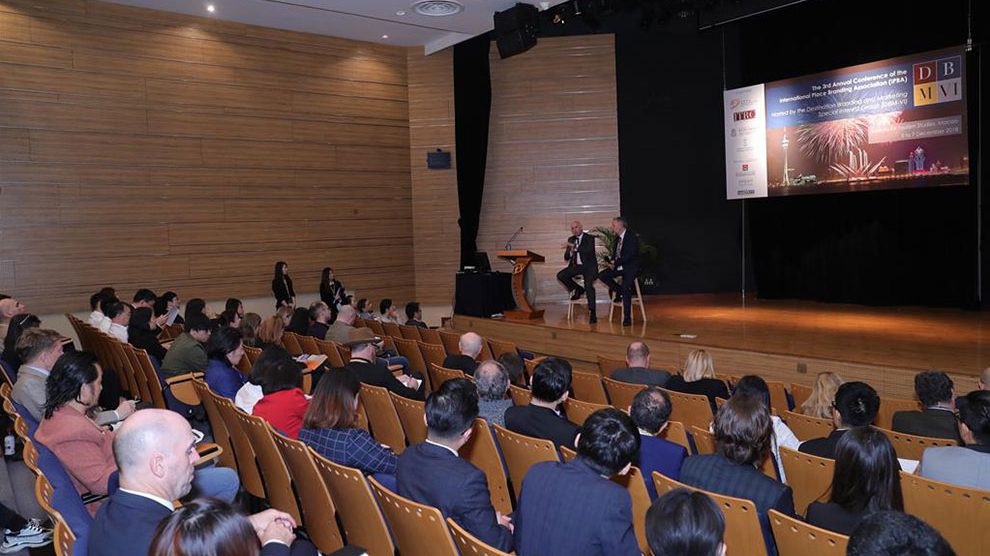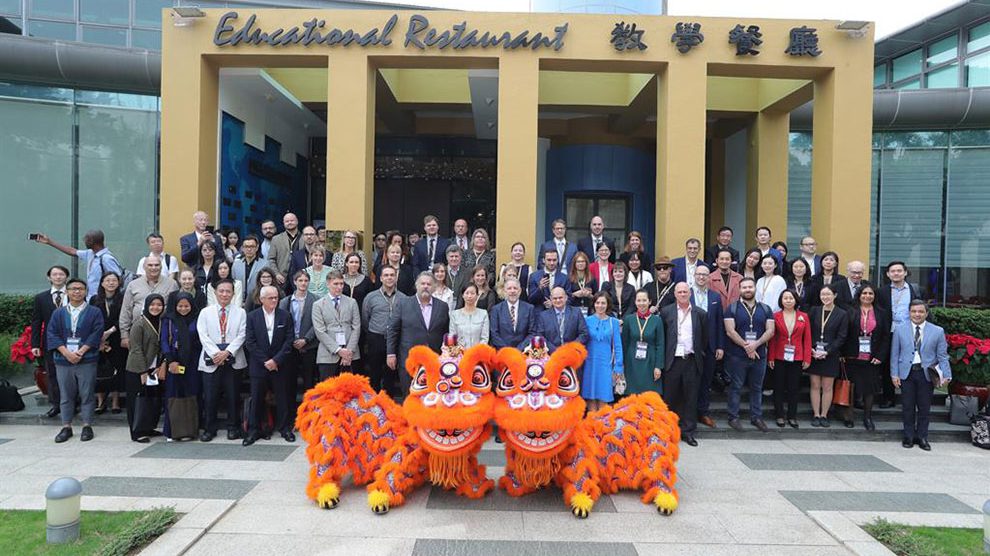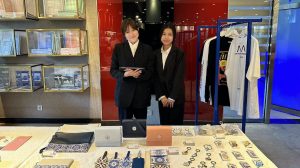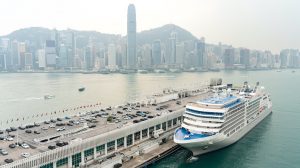IFT held during December the 3rd Annual Conference of the International Place Branding Association (IPBA). The conference is a platform for global practitioners and scholars of place branding and destination marketing to discuss the latest developments, issues and challenges in place branding, destination marketing, and tourism-related matters.
It was the first time the IPBA held its annual conference in the Asia-Pacific region. The 2 previous editions were held respectively in London and in Swansea, in the United Kingdom. The association was founded in 2015, and is described as a non-profit organisation, involving an independent group of academics and professionals working within – or having an interest in – the field of brand development and brand management for places. The definition covers cities, regions, nations and other types of destinations.
The conference – jointly organised by IFT, the College of Hospitality, Retail and Sport Management of the University of South Carolina, in the United States, and the United Kingdom’s Swansea University School of Management – attracted nearly 90 participants from 23 countries and regions. This year’s conference was also hosted by the Destination Branding and Marketing Group (DBM), an international conference series founded by IFT in 2005 and which now works in close partnership with the IPBA.
“We are always excited to return to Macao, and always grateful for the generosity and nurturing role of IFT dating back to the inaugural conference of the Destination Branding and Marketing Group,” said Dr. Nigel Morgan from Swansea University, one of the co-founders of DBM, in some opening remarks at the conference.
IFT President Dr. Fanny Vong expressed satisfaction that IFT was again hosting an international event on place branding. “Since the establishment [of DBM] the topics associated with place branding and marketing have gained the interest of – and developed traction within – academia and industry,” she noted during the conference opening event.
Insight on Greater Bay Area
This year’s conference included a special open-to-the-public session focusing on the Guangdong-Hong Kong-Macao Greater Bay Area, an initiative also known simply as the Greater Bay Area. The session, titled “Destination Branding of the Greater Bay Area – Opportunities and Challenges for Tourism”, included place branding researchers and experts from IFT, the Chinese Academy of Social Sciences, the School of Tourism Management of Sun Yat-sen University in Guangdong Province, and the School of Hotel and Tourism Management of the Hong Kong Polytechnic University.
“Every academic conference facilitates knowledge- and experience-sharing among scholars, industry practitioners and others,” Dr. Vong said. “This special session could prompt more discussions on the Greater Bay Area and the role Macao plays in the region.”
The Greater Bay Area project encompasses the 2 Special Administrative Regions (SARs) of the People’s Republic of China, namely the Hong Kong SAR and the Macao SAR; and 9 cities from Guangdong Province, namely Guangzhou, Shenzhen, Zhuhai, Foshan, Huizhou, Dongguan, Zhongshan, Jiangmen and Zhaoqing. It aims to advance and integrate development in those neighbouring places in several sectors, ranging from economy and trade, to environmental protection and education.
The 3rd Annual Conference of the IPBA featured not only a number of keynote speeches delivered by experts, but also contributions from industry practitioners and governmental officials. People from the latter categories who attended included Mr. Cheng Wai Tong, Deputy Director of the Macao Government Tourism Office, and Mr. Grant Bowie, Chief Executive Officer of casino resort operator MGM China Holdings Ltd.
Mr. Cheng discussed the past work and further plans of the Macao SAR Government to position the city as a World Centre of Tourism and Leisure. Mr. Bowie shared insights on the destination branding work made by the Macao authorities and by his company, a developer of integrated resorts.
“The greatest strength of any brand is actually organic; [the brand] is actually a reflection of what you already are,” said Mr. Bowie. “So, the new opportunities from Macao that we’re now experiencing are simply the reflection of what Macao has always been,” he added. He was referring to the city’s history and rich cultural heritage arising from its role as a meeting point between East and West.










